
Casting
Brasil 1821. A su regreso a la imponente granja, Antonio, un rico ganadero, descubre que su esposa muere en pleno parto. Forzado a vivir en la propiedad con numerosos esclavos africanos, se casa con la sobrina de su esposa.
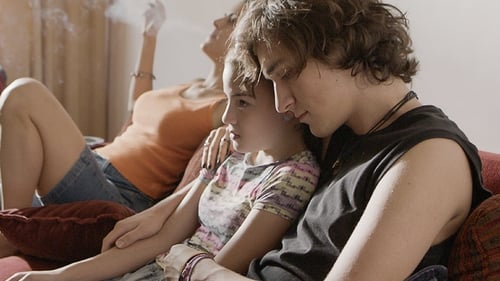
Casting
Después de descubrir la verdad, que fueron robados por la mujer que él creía que era su madre cuando era niño, Pierre (cuyo verdadero nombre es Felipe) debe hacer frente a todas las consecuencias de las acciones de su madre y conocer a su familia biológica.
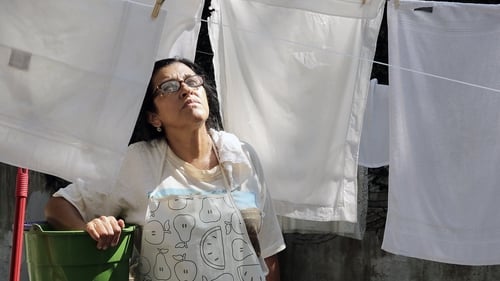
Casting
Val es una interna que se toma su trabajo muy en serio. Sirve a un adinerado matrimonio de São Paulo día y noche, y cuida a su hijo adolescente, al que ha criado desde su infancia. El orden de este hogar parece inquebrantable, hasta que un día llega desde su ciudad de origen la inteligente y ambiciosa hija de Val, Jessica, a la que había dejado al cuidado de unos familiares en el norte de Brasil 13 años atrás. La presencia de la joven pone en peligro el balance de poder en la casa. Esta nueva situación pondrá en tela de juicio las lealtades de Val y la obligará a valorar lo que está dispuesta a perder.
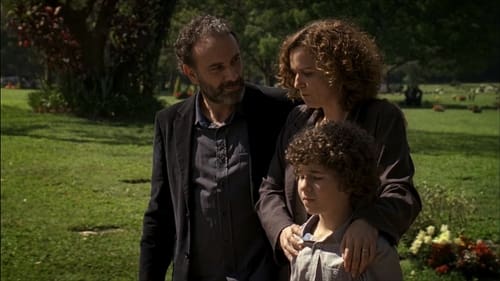
Casting
Théo goes to the funeral of his childhood best friend. Then, memories return.

Casting
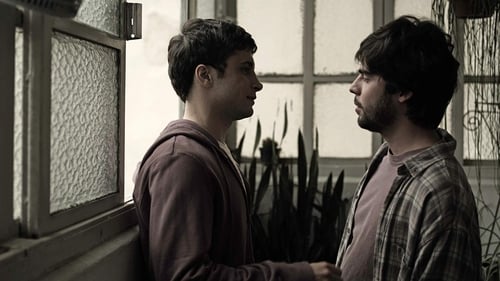
Casting
Sunday. Classic game on the brazilian championship. Rossi’s family organize themselves in front of TV. Eunice, his mother, looks trough the window while Borges, his dad, and Cauã, his older brother, watch the football match. Rossi tries to find his place in the house.

Producer
'One day I realized it no longer made sense to make things to hang on walls'... Lourdes Castro became known as the artist 'who took care of shadows'. Throughout her international career as an artist, Lourdes developed the concept of shadow, giving it different forms and finally reducing it to the minimum and dematerializing it. She has lived in Munich, Berlin and Paris, but 40 years ago she decided to return to Madeira, her birth place, where she has lived ever since 'in the shadows'. 'What is Lourdes 'taking care of' nowadays?

Casting
A group of friends come of age during the political turmoil that plagued Brazil in the 1960's and 70's. Together, these musicians form a band called "Os Desafinados" and become a part of the groundbreaking Brazilian musical movement called Bossa Nova
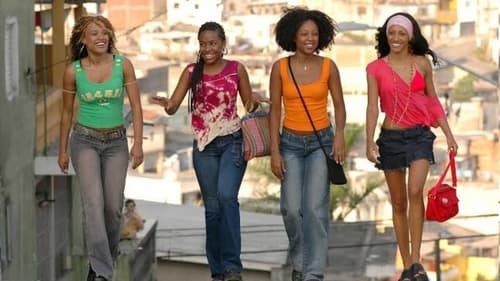
Casting
Determined to escape their poverty-stricken lives, four talented young women living on the outskirts of Sao Paulo, Brazil, form an all-female rap group but find their road to success is riddled with sexism, racism, and violence. One by one, they succumb to their grim realities...until they discover that out of struggle come strength, and out of strength, the courage to continue on.
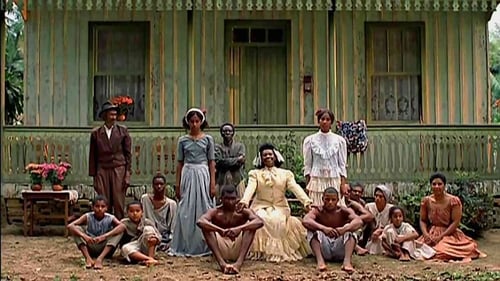
Casting
Free adaptation of Machado de Assis's short story "Pai Contra Mãe", having some of Nireu Cavalcanti's 18th Century chronicles as inspiration, the film traces parallels between life in during the slavery period and in modern Brazil.

Casting
Cafundó is a 35 mm color film which blends fact with fiction in the life of João de Camargo, a former black slave (1858-1942, Sorocaba, Brazil) who, in his old age, works miracles and devotes himself to assisting others in order to attain his freedom. João de Camargo represents the genesis of religious and cultural syncretism in Brazil.

Producer
Lisboners (people of Lisbon) celebrates the ancient notion of citizenship, the right to the city in the making, in each migrant’s daily life, living and working. It is set in Lisbon but it happens in London, New York, Paris, Rome… anywhere. The Lisboners are people from Brazil, Guiné-Bissau, Nigeria, China, Pakistan, India and Bangladesh, Ukraine, Moldavia, Russia, and Estonia.
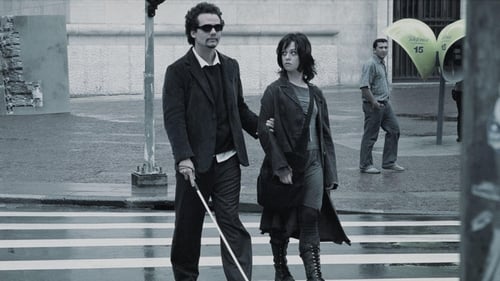
Casting
Un thriller psicológico repleto de animaciones tipo manga sobre la ilustradora joven y pobre de historietas Nina, que vive con su casera. Ella se hunde cada vez más en un violento mundo de fantasía.

Casting Assistant
La película está basada en las experiencias del doctor Drauzio Varella en la prisión estatal Carandiru, en São Paulo, Brasil, durante sus trabajos de prevención del SIDA. En la prisión se encontró con cientos de convictos bajo condiciones infrahumanas hasta el punto culminante de 1992 cuando una revuelta provocó el asesinato de 111 hombres.











